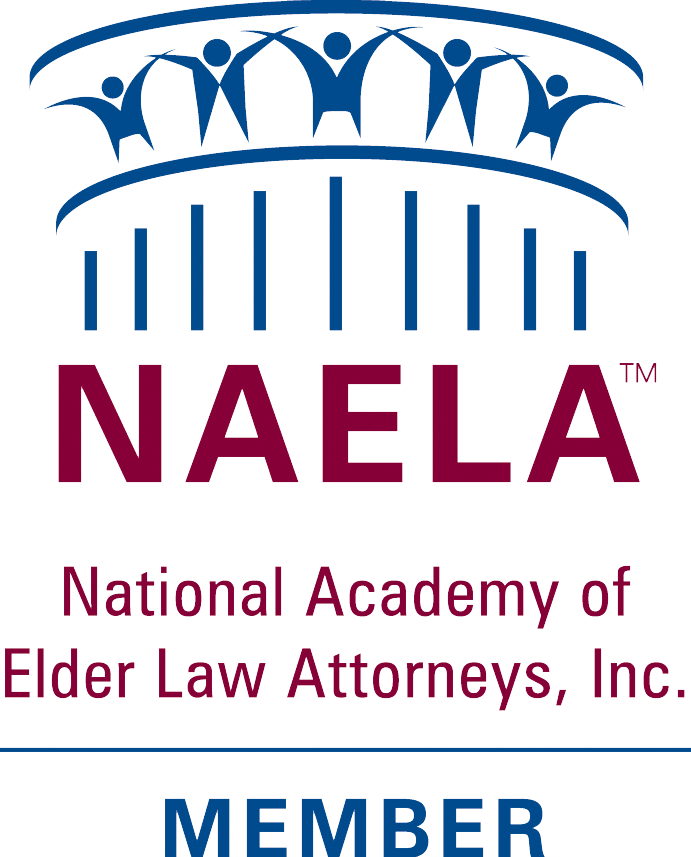If you are the parent or grandparent of a person who is disabled, or simply wish to leave all or part of your estate to a person who is disabled, then you must carefully plan your estate to protect the person who is disabled and the inheritance. You can consider setting up a “Supplemental Needs Trust” if you are in this situation. Lack of planning or poor planning could impact the disabled person’s eligibility for government benefits as well as their quality of life. Since many government benefits, such as Medicaid, SSI, Food Stamps, Section 8 housing and other related programs have resource limits, if your disabled beneficiary directly inherits outright from your estate, they could lose those benefits. The beneficiary would then have to spend down the inheritance and re-apply for the government benefits once all the money runs out. This would also cause a lapse in coverage and disrupt the services the disabled person is receiving. In addition to losing their government benefits, the disabled person may not be able to properly manage their inheritance if they inherit outright from your estate, which could lead to the inheritance being misused or wasted. You can avoid the possibility of your loved one losing their government benefits by setting up a “Supplemental Needs Trust.” This is a trust which is specifically designed to allow persons to leave an inheritance to a disabled beneficiary without causing them to lose their government benefits. There is no limit to the amount of money or type of assets which can be left in a Supplemental Needs Trust. The assets in the trust will not be counted as resources against the disabled person in connection with government benefits.
The trust is usually managed by a trustee, who is usually another family member (such as one of your other children) for the benefit of the disabled person. Establishing the Supplemental Needs Trust allows the disabled person to benefit from your estate without losing their government benefits. In some cases, people incorrectly plan by disinheriting their disabled children and leaving them out of their Last Will and Testament. This is a drastic solution, since the disabled beneficiaries are often the ones who may need the most assistance. Often, people mistakenly leave all of their assets to non-disabled children with the hope that the the non-disabled children will use the inheritance to take care of their disabled siblings. This can also be problematic especially if the non-disabled child dies, gets sick or gets sued while they are holding assets for the disabled person. If the inheritance is in a Supplemental Needs Trust, the assets are protected for the disabled person even if the person managing the trust dies, gets sick or has creditors. The assets held in the trust are not exposed to the trustee(s) creditors. The trust can also name alternate trustee(s) to manage the trust if the primary trustee dies or becomes incapacitated. If you are concerned about leaving your assets to your loved ones who are disabled, you should strongly consider setting up a Supplemental Needs Trust. You should speak to an experienced attorney to get the right advice for you and your family.
You can email your questions to [email protected]

